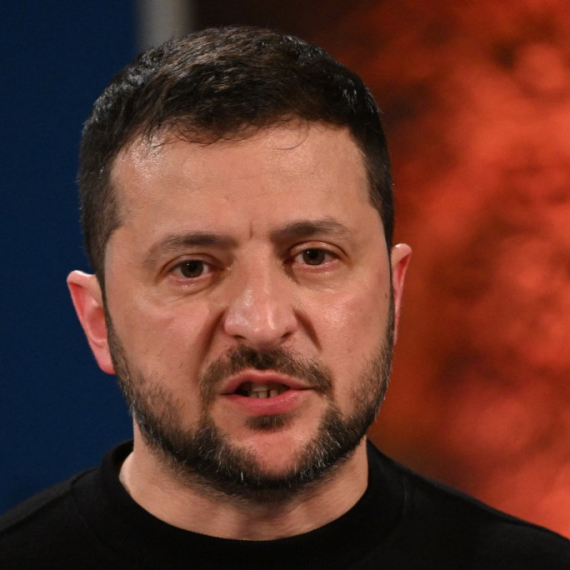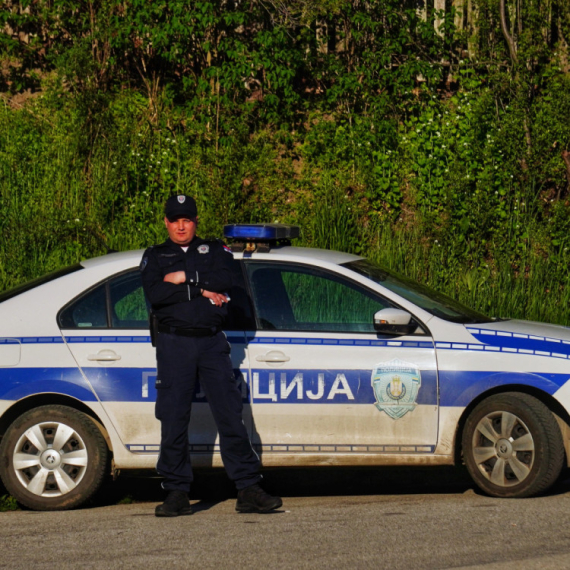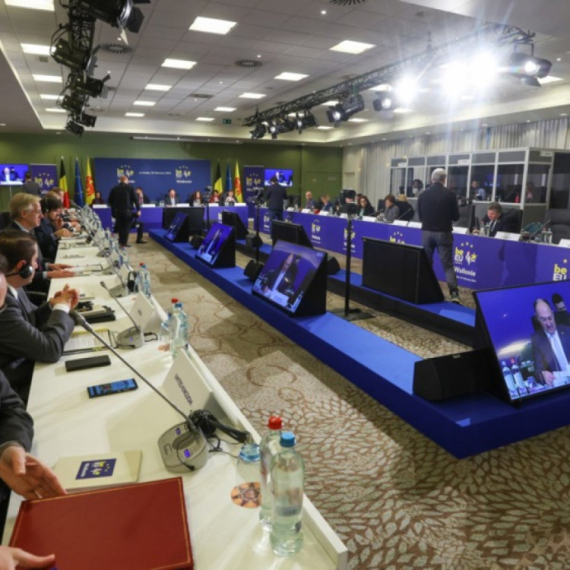Court of Appeals again reaches verdict to detriment of media
Thursday, 21.06.2012.
18:19

Court of Appeals again reaches verdict to detriment of media With such sentence, Serbian courts continue with the unacceptable practice in the disputes led due to citing information from the documents of the state bodies, especially regarding citing information from the police reports and statements. Since 2003, when the Law on Public Information was adopted, there is a rule in Serbia according to which journalist, editor or founder of the media is not held responsible for the damage caused by citing certain information, even if this information is false or incomplete, under condition that it is faithfully transmitted from the document of the authorized state body. Unfortunately, the courts interpret this provision of the Law very diversely, depending on the case, but as a rule make decision against the media, and opposite to the practice of the European Court for Human Rights that they should obey, in accordance with the ratified European convention for the protection of human rights, and in accordance with the provisions of the Constitution of the Republic of Serbia. As a consequence, there is almost no media in Serbia today that has not been fined at least once, and some on several occasions, paying damages due to reporting on police statements, the same ones that are being published on the official internet presentation of the Ministry of Internal Affairs, without any responsibility claimed from the Ministry of Interior (MUP) in the process. In accordance with a range of indictments of the European Court for Human Rights, media are entitled, when reporting on the matters of public interest, to rely on the documents of the authorized bodies, to their press statements as well, without being obliged to lead an independent investigation and check the allegations from those press releases. European Court for Human Rights deems that, otherwise, the function of the media in the democratic society will be jeopardized. In direct collision to such practice, Belgrade Court of Appeal now finds that B92 in the given matter had not acted with due journalistic attention, as it had not checked the information contained in the police statement. The question is why the courts in Serbia hold media responsible although the media just cite police statements, exempting the police from their responsibility, although the police writes those statements and publishes them. It is also a question what kind of interests do the courts in Serbia protect with such rulings. This cannot be the interest of the individuals mentioned in the false or incomplete police statements, as the interest of those individuals is to get satisfaction from the police, if the police made the mistake, not from the media that relied on police reports. Moreover, this cannot be in public interest, as covering the oversights of the police cannot be in the public interest, especially if they are being covered by punishing media that only cites the statements that speaks about police oversight, neither is it in the public interest that the media should be forced to keep quiet about what the police has been doing, in order to diminish the risk of paying damages for what seems to be police’s oversight. B92 will continue using all legally available instruments in order for the practice in media disputes in Serbia to become finally adjusted with the standards of the democratic societies towards which we aspire, while protecting in the same time the citizens’ right to be presented with the information of public interest. Veran Matic President of B92 Board of Directors and Editor-in-Chief of the news program B92 has received the verdict of the Court of Appeal in Belgrade which confirmed earlier Higher Court in Belgrade’s decision under which we are obliged, due to publishing a single police statement back in 2008, to pay to the individual mentioned in that statement the fine amounting to RSD 350,000. B92 has received the verdict of the Court of Appeal in Belgrade which confirmed earlier decision under which we areobligated, due to publishing a single police statement in 2008, to pay to a fine amounting to RSD 350,000.
Court of Appeals again reaches verdict to detriment of media
With such sentence, Serbian courts continue with the unacceptable practice in the disputes led due to citing information from the documents of the state bodies, especially regarding citing information from the police reports and statements.Since 2003, when the Law on Public Information was adopted, there is a rule in Serbia according to which journalist, editor or founder of the media is not held responsible for the damage caused by citing certain information, even if this information is false or incomplete, under condition that it is faithfully transmitted from the document of the authorized state body. Unfortunately, the courts interpret this provision of the Law very diversely, depending on the case, but as a rule make decision against the media, and opposite to the practice of the European Court for Human Rights that they should obey, in accordance with the ratified European convention for the protection of human rights, and in accordance with the provisions of the Constitution of the Republic of Serbia.
As a consequence, there is almost no media in Serbia today that has not been fined at least once, and some on several occasions, paying damages due to reporting on police statements, the same ones that are being published on the official internet presentation of the Ministry of Internal Affairs, without any responsibility claimed from the Ministry of Interior (MUP) in the process.
In accordance with a range of indictments of the European Court for Human Rights, media are entitled, when reporting on the matters of public interest, to rely on the documents of the authorized bodies, to their press statements as well, without being obliged to lead an independent investigation and check the allegations from those press releases. European Court for Human Rights deems that, otherwise, the function of the media in the democratic society will be jeopardized. In direct collision to such practice, Belgrade Court of Appeal now finds that B92 in the given matter had not acted with due journalistic attention, as it had not checked the information contained in the police statement.
The question is why the courts in Serbia hold media responsible although the media just cite police statements, exempting the police from their responsibility, although the police writes those statements and publishes them. It is also a question what kind of interests do the courts in Serbia protect with such rulings. This cannot be the interest of the individuals mentioned in the false or incomplete police statements, as the interest of those individuals is to get satisfaction from the police, if the police made the mistake, not from the media that relied on police reports. Moreover, this cannot be in public interest, as covering the oversights of the police cannot be in the public interest, especially if they are being covered by punishing media that only cites the statements that speaks about police oversight, neither is it in the public interest that the media should be forced to keep quiet about what the police has been doing, in order to diminish the risk of paying damages for what seems to be police’s oversight.
B92 will continue using all legally available instruments in order for the practice in media disputes in Serbia to become finally adjusted with the standards of the democratic societies towards which we aspire, while protecting in the same time the citizens’ right to be presented with the information of public interest.
Veran Matić
President of B92 Board of Directors and Editor-in-Chief of the news program




























































Komentari 2
Pogledaj komentare